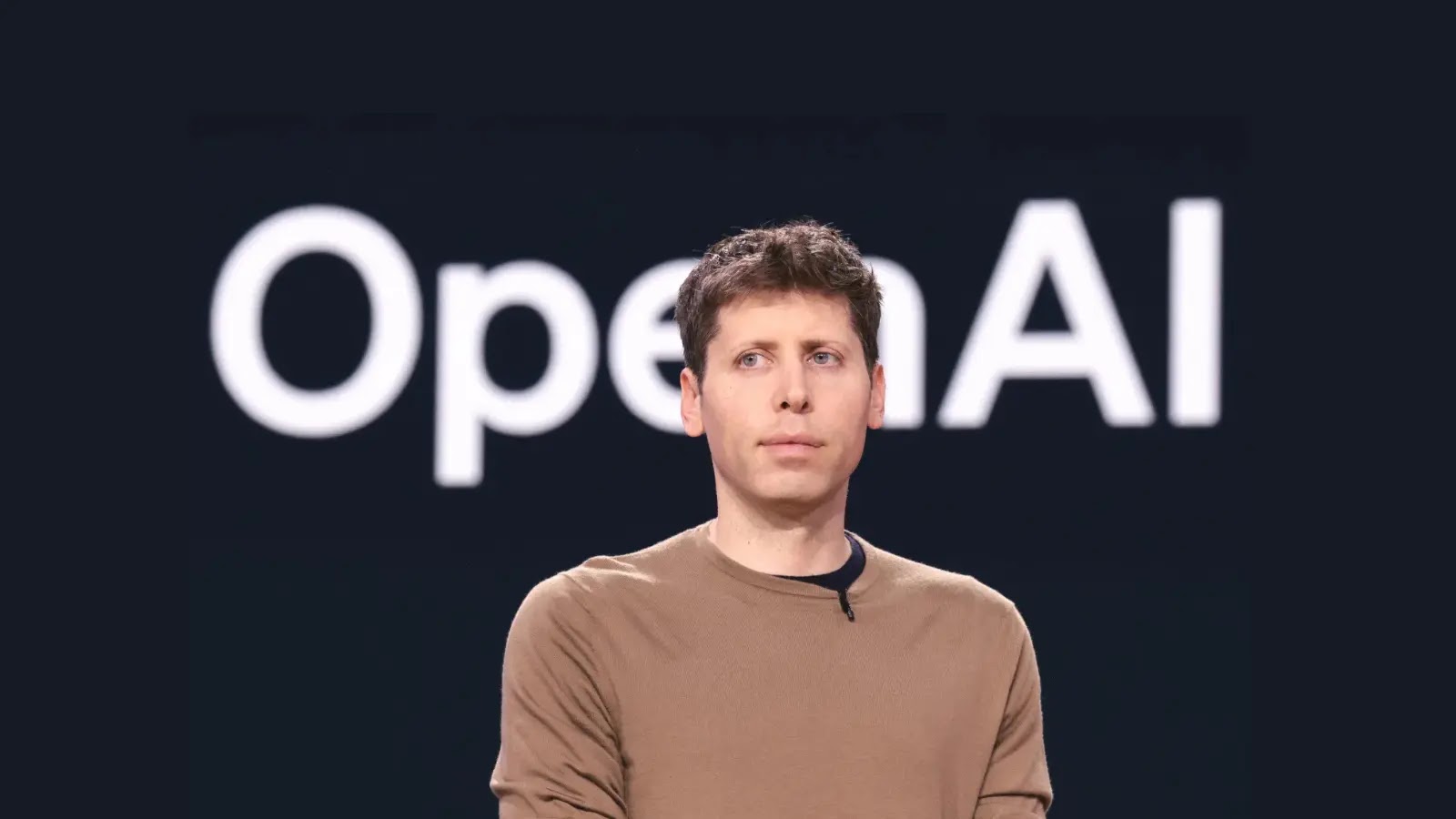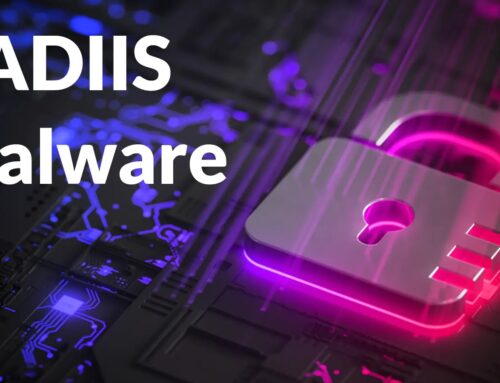
OpenAI Set to Acquire Analytics Platform Statsig in $1.1 Billion Agreement
The landscape of artificial intelligence is shifting rapidly, driven by strategic alliances and key acquisitions. Today, the cybersecurity and AI communities are buzzing with news that could redefine how AI products are developed and deployed. OpenAI, the leading force behind transformative AI technologies, has announced a definitive agreement to acquire Statsig, a prominent product experimentation and analytics platform, in a deal valued at an astounding $1.1 billion. This move is not merely a financial transaction; it signifies a profound strategic pivot by OpenAI to embed robust data-driven methodologies directly into the heart of its AI development lifecycle.
OpenAI’s Strategic Vision: Deepening Data Integration
OpenAI’s acquisition of Statsig underscores a clear intent to fortify its capabilities in product development and iteration. Statsig specializes in providing tools that enable companies to conduct sophisticated A/B testing, feature flagging, and detailed analytics for their digital products. For an organization like OpenAI, which is constantly pushing the boundaries of AI model development and application, integrating such a platform internally offers substantial advantages.
- Accelerated Product Development: Access to Statsig’s experimentation platform will allow OpenAI to rapidly test new AI features, model iterations, and user experiences, significantly reducing the time from concept to deployment.
- Enhanced Data-Driven Decision Making: The ability to collect and analyze comprehensive user and product data will provide invaluable insights, guiding the optimization of AI models and ensuring product-market fit.
- Improved Product Quality and Reliability: By systematically experimenting with different approaches and analyzing their outcomes, OpenAI can refine its AI offerings, leading to more stable, efficient, and user-friendly products.
Statsig: A Catalyst for AI Product Experimentation
Founded by former Facebook engineers, Statsig has quickly established itself as a go-to platform for companies seeking to implement rigorous product development methodologies. Its suite of tools empowers teams to:
- Feature Flagging: Control the rollout of new features to specific user segments, enabling gradual deployment and risk mitigation.
- Statistical Experimentation (A/B Testing): Conduct controlled experiments to determine the impact of changes on key metrics, ensuring that product improvements are data-backed.
- User Journey Analytics: Gain deep insights into how users interact with products, identifying friction points and opportunities for enhancement.
The integration of these capabilities within OpenAI is expected to streamline the entire lifecycle of AI product creation, from initial ideation and model training to deployment and post-launch optimization. This is particularly crucial in the fast-evolving AI landscape, where rapid iteration and responsiveness to user feedback are paramount.
Implications for the AI and Cybersecurity Landscape
While the immediate focus of this acquisition is on product development efficiency, its implications extend to the broader AI and cybersecurity ecosystem. Stronger, more data-validated AI products inherently lead to several benefits:
- Richer Datasets for Security Analysis: As OpenAI’s products become more refined through experimentation, the underlying data pipelines will likely become more structured and comprehensive, potentially offering richer datasets for internal security analysis.
- Reduced Attack Surface (Indirectly): Well-tested and optimized AI applications tend to be more robust, potentially reducing the likelihood of unexpected behaviors that could be exploited by adversaries. While not a direct cybersecurity acquisition, the emphasis on quality and controlled feature rollouts contributes to overall system resilience.
- Industry Trend of Vertical Integration: This acquisition highlights a growing trend among leading technology companies to vertically integrate key capabilities that support their core businesses. For AI, this means bringing analytics and experimentation in-house to maintain a competitive edge.
It’s important to note that this acquisition doesn’t directly address external cybersecurity vulnerabilities like CVE-2023-34035 (a recent vulnerability in a popular software, for example), but rather strengthens internal development processes which can indirectly lead to more secure products by building them on a more stable and data-driven foundation.
Looking Ahead: The Future of AI Development
The OpenAI-Statsig acquisition marks a significant milestone in the maturation of the AI industry. It signals a shift towards more disciplined, data-driven, and rapid product development cycles within the AI space. As AI models become increasingly integrated into critical applications, the ability to rigorously test, analyze, and iterate on these products will be non-negotiable.
This strategic move positions OpenAI to not only continue its innovative trajectory in AI research but also to translate that research into robust, high-quality, and user-centric products at an unprecedented pace. For cybersecurity professionals, it means understanding the evolving landscape of AI development, recognizing that stronger internal processes can contribute to more resilient external-facing systems, and staying abreast of how these technological integrations shape the digital threat landscape.





